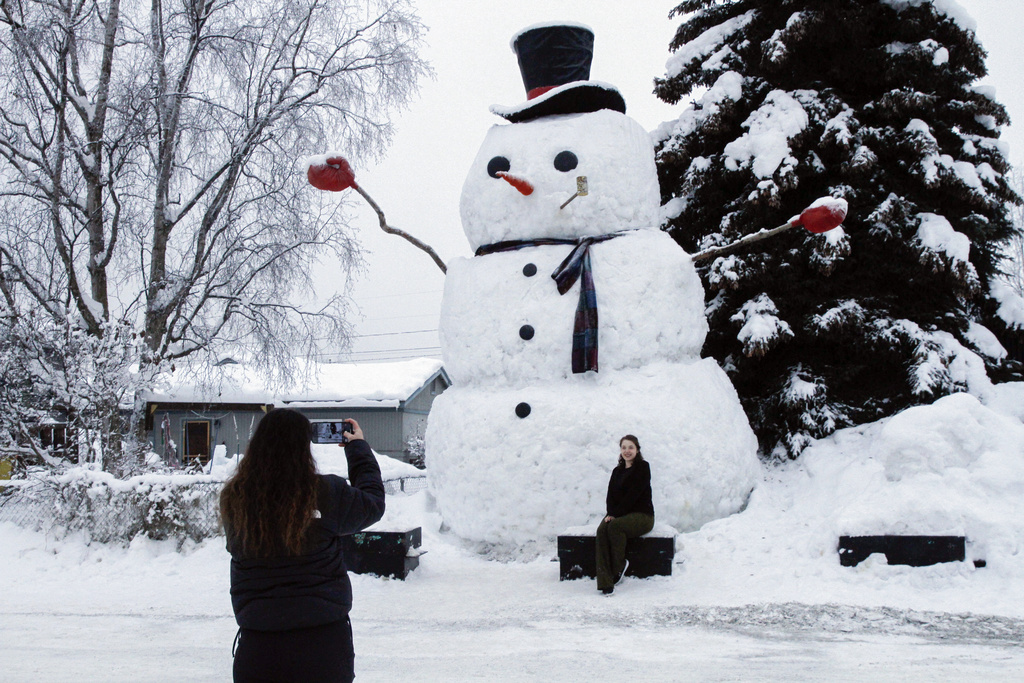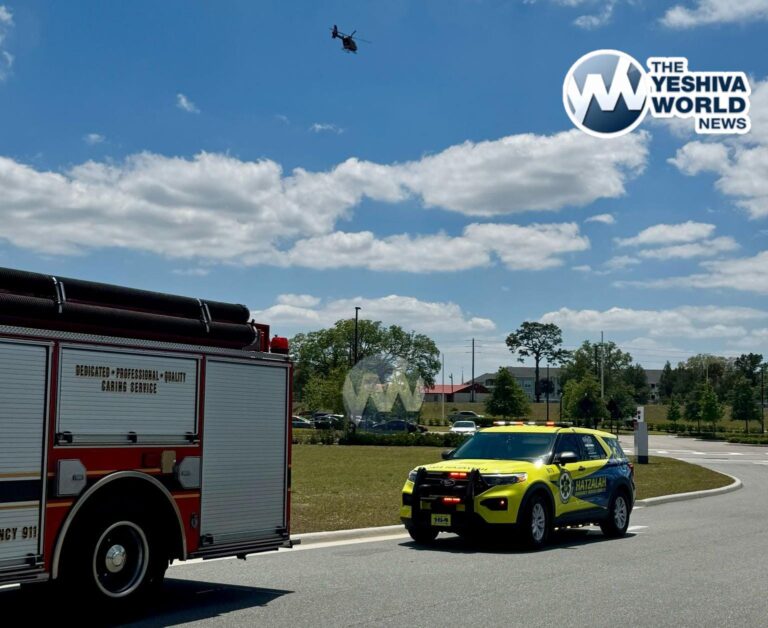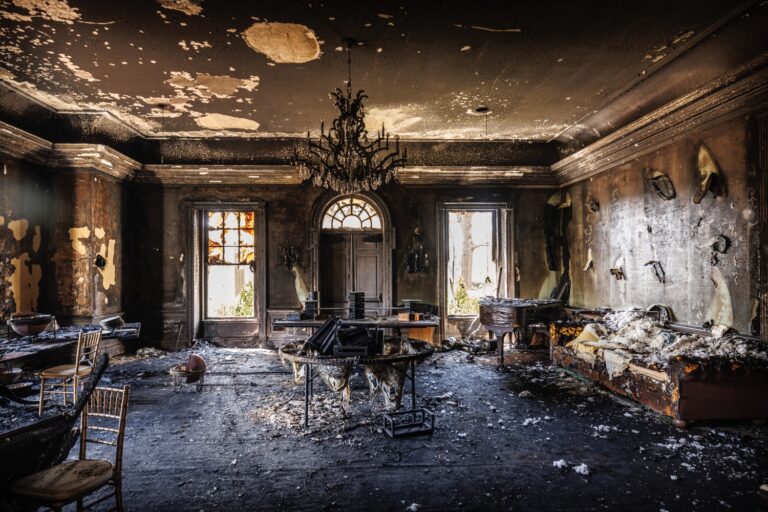Even by Alaska standards, there’s a lot of snow this winter.
So much snow has fallen — so far, more than 8.5 feet (2.6 meters) — that roofs on commercial buildings are collapsing around Anchorage and officials are urging residents to break out their shovels to avoid a similar fate at home. Over the weekend, there was nearly 16 more inches (41 centimeters) of snowfall, pushing Alaska’s largest city past the 100-inch (254-centimeters) mark earlier than at any other time in its history.
The city is well on track to break its all-time record of 134.5 inches (342 centimeters).
Now, even winter-savvy Anchorage residents are getting fed up with the snow-filled streets and sidewalks, constant shoveling and six days of pandemic-era remote learning. It’s already in the record books with this year’s snowfall, at eighth snowiest with a lot of time left this season.
“It’s miserable,” said Tamera Flores, an elementary school teacher shoveling her driveway on Monday, as the snow pile towered over her head. “It’s a pandemic of snow.”
Last year, 107.9 inches (274 centimeters) fell on Anchorage, making this only the second time the city has had back-to-back years of 100-plus inches (254-plus centimeters) of snow since the winters of 1954-55 and 1955-56.
This year, the roofs of three commercial structures collapsed under loads of heavy snow. Last year, 16 buildings had roofs collapse with one person killed at a gym.
The city last week issued guidance urging people to remove snow from their home roofs. Officials said there were snow loads of more than 30 pounds per square foot (146 kilograms per square meter).
“That is a lot of weight,” the notice said. It gave the example of a home with 1,500 square feet (139 square meters) of roof with 30 pounds per square foot (146 kilograms per square meter) of snow, which would be supporting about 45,000 pounds (20,411 kilograms), or “about 8 full size light duty pickup trucks.”
Since it’s so early in the season, people should think about removing the snow, especially if there are signs of structural distress. These include a sagging roof; creaking, popping, cracking or other strange noises coming from the roof, which can indicate its under stress from the snow; or sticking or jammed doors and windows, a sign the snow might be deforming the structure of the house.
Signs have popped up all over town from companies advertising services to remove the snow from roofs.
Some fun has come from a whole lot of snow.
The deluge of snowfall this year prompted one Anchorage homeowner to erect a three-tiered snowman standing over 20-feet- (6-meters-) tall. Snowzilla, as it’s named, has drawn people to snap photos.
Last week, Anchorage had below zero (minus 17.7 C) temperatures overnight for seven days, and it only snowed after it warmed up Sunday.
But Anchorage residents may not be able to hold on to the old adage that it’s too cold to snow.
Sunday’s storm was the first time since 1916 that over an inch of snow fell in Anchorage when temperatures were 2 degrees (minus 16.6 C) or colder, said Kenna Mitchell, a meteorologist for the National Weather Service.
And a return to bitter cold is likely what’s on tap later this week. An upper level high pressure system could move back in, dropping temperatures back to below zero at night, possible into the minus 10s (below minus 23.3 C).
“This winter is definitely rough, but us Alaskans are definitely built different,” resident Damon Fitts said as he shoveled the driveway at his residence.
“We can handle 100 inches of snow and still make it to work on time,” he said. “We can put up with a lot.”
(AP)












One Response
They should listen to Greta Thunberg and have rain instead!!!!
The powers that be have decided the official science, and increased snowfall is clearly heresy. They should reconsider the observations and measurements and adjust them to conform to the established and binding scientific theory. That’s how science works in the 21st century.